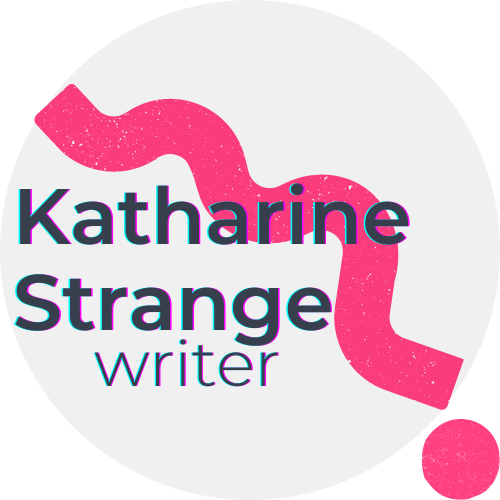My fascination with love stories was probably inevitable; I was raised on Disney. I knew from an early age I wanted a love that could overcome all obstacles. As I grew, so did my interest in love stories. But by the time I was finally allowed to watch PG-13, I found most romcoms dismal. A clumsy, attractive heroine falls for a bland-but-hunky hero, but there is a very minor obstacle (usually A BIG SECRET) which is inevitably resolved with a sprint through the airport and an embarrassing proclamation.
The problem with most of these stories is that they are so broad: Kate Hudson could be replaced by Meg Ryan who could replace Rachel McAdams without much difference. They are meant to stand in for the “every woman” which is a fallacy in itself. We are all very specific, interesting humans. We have real flaws and real obstacles in our lives, but, traditionally, the American romcom has not been very interested in dealing with that.
Luckily, as our films have become more diverse, our romcoms have markedly improved. This perhaps started with with Nia Vardalos’ fantastic “My Big, Fat, Greek Wedding” but came more into full bloom with last year’s “Meet the Patels” and “The Big Sick,” about an Indian-American and a Pakistani-American man, respectively, who fall for White American women. The romantic conflict echoes their inner struggles to reconcile their multiple identities, as both Americans and 2nd generation immigrants. Big questions arise: Who am I? Who will I marry? How will my family deal with that?
As impressive as those previous films were, “Crazy Rich Asians” goes one better. As American-born Chinese (ABC) Rachel Chu meets her Chinese-Singaporean boyfriend’s friends and family, she must not only struggle through these identity issues, but the impact of romance on her intersectional identity as an Asian-American woman. Who is Rachel? Asian or American or both? Can she be ambitious and get her happily ever after? Or will she be cornered into a supporting role, like Nick’s mom, Eleanor? Will she hide a part of herself so as not to “emasculate” her husband, like Astrid chose to do?
“Crazy Rich Asians” is not perfect by any stretch of the imagination—the film glamorizes conspicuous consumption ($1.2 million earrings, anyone?) and pushes darker-skinned Malays and Indians to the margins. It does not represent THE Asian-American experience (there is no such thing), but by centering the stories of Rachel, her mom, Eleanor, and Astrid, it places intersectional identity at the heart of the film.
So long live the multicultural romcom! Give me storied traditions, give me families who stuck together to overcome racism and poverty. Give me fish-out-of-water heroines who don’t fall for Matthew McConaughey, but rather the Pakistani-American standup. Give me laughs and love and Singaporean food porn. Give me characters that don’t reflect some bland imagined American experience but rather real characters who represent a wide range of real experiences. These characters may not reflect my personal experience, but through their eyes I gain a new lens on the world. And isn’t that what stories are for?



